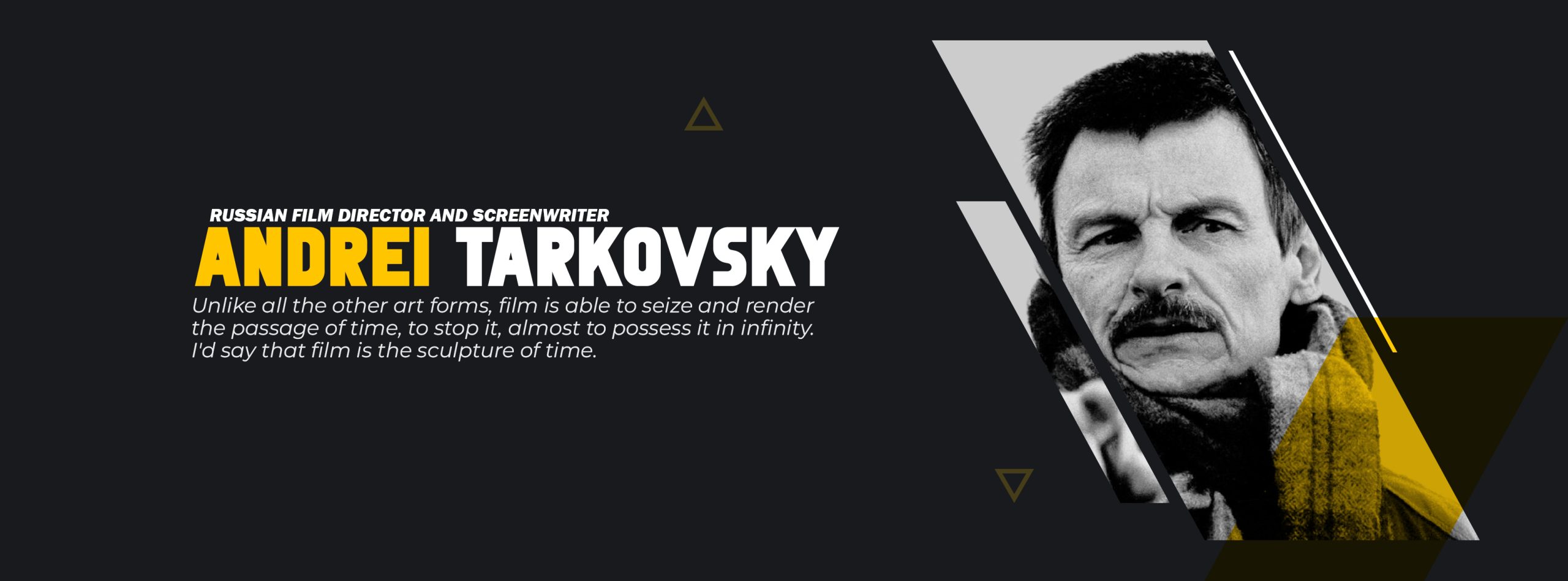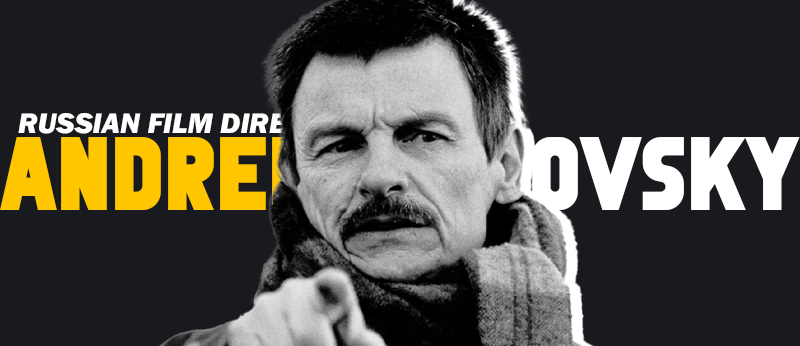The top 10 most inspiring quotes by Andrei Tarkovsky
- Unlike all the other art forms, film is able to seize and render the passage of time, to stop it, almost to possess it in infinity. I’d say that film is the sculpture of time.
- Art would be useless if the world were perfect.
- When I speak of poetry I am not thinking of it as a genre. Poetry is an awareness of the world, a particular way of relating to reality. So poetry becomes a philosophy to guide a man throughout his life.
- Where am I when I’m not in reality or in my imagination?
- We have forgotten to observe. Instead of observing, we do things according to patterns.
- Never try to convey your idea to the audience; it is a thankless and senseless task. Show them life, and they’ll find within themselves the means to assess and appreciate it.
- Of course, life has no point. If it had, man would not be free.
- I think a person needs to learn from childhood to find himself alone. It means to not be bored when you’re by yourself, because a person who finds himself bored when alone—as it seems to me—is in danger.
- A book read by a thousand different people is a thousand different books.

Andrei Tarkovsky (1932–1986) was a renowned Soviet filmmaker, widely regarded as one of the most influential directors in the history of cinema. Born in Russia, Tarkovsky began his career in filmmaking after studying Arabic and music. He gained international acclaim for his poetic and philosophical approach to cinema, characterized by long takes, atmospheric imagery, and profound themes.
His early works, such as “Ivan’s Childhood” (1962) and “Andrei Rublev” (1966), established him as a master of visual storytelling. Tarkovsky’s films often delved into existential questions, spirituality, and the human condition, reflecting his own deep-seated philosophical inquiries.
Despite facing censorship and restrictions imposed by the Soviet authorities, Tarkovsky continued to produce thought-provoking films. “Solaris” (1972) and “Stalker” (1979) are among his most acclaimed works, exploring themes of memory, identity, and the unknown.
In 1983, Tarkovsky left the Soviet Union, settling in Western Europe, where he directed his final film, “The Sacrifice” (1986), before succumbing to cancer at the age of 54. His legacy endures through his innovative filmmaking techniques and his profound impact on the art of cinema, inspiring generations of filmmakers worldwide.
👉Listen to the best music from all over the world at www.liveonlineradio.net #Andrei_Tarkovsky #quotes #Birthday #FM #online_radio #radio #live_online_radio #live #world_radio





